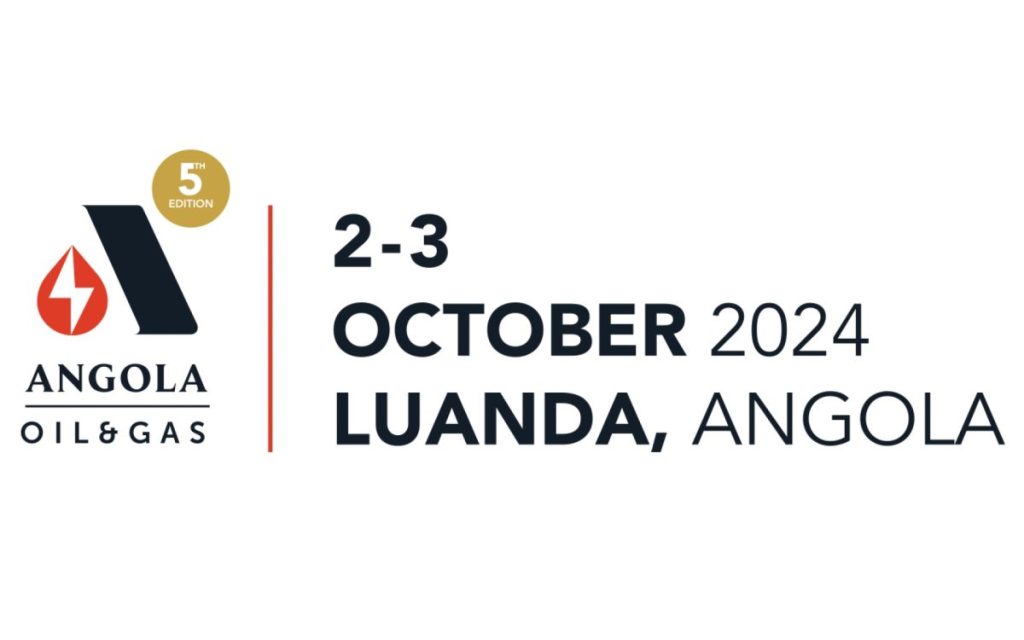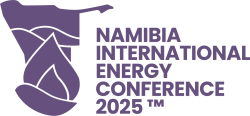 Luanda, Angola — Angola’s Cabinda refinery is nearing completion, with operations expected to kick off by the end of 2024. The facility expects the first phase – targeting 30,000 barrels per day (bpd) – to become fully operational by July 2025, while the second phase will increase capacity to 60,000 bpd.
Luanda, Angola — Angola’s Cabinda refinery is nearing completion, with operations expected to kick off by the end of 2024. The facility expects the first phase – targeting 30,000 barrels per day (bpd) – to become fully operational by July 2025, while the second phase will increase capacity to 60,000 bpd.
As Angola continues to expand its refining capabilities, the upcoming Angola Oil & Gas (AOG) conference will feature a panel discussion on the country’s refining plans and other investment opportunities across the oil and gas value chain.
While Angola represents sub-Saharan Africa’s second largest oil producer, the country’s sole operating refinery – the 65,000 bpd Luanda refinery – only meets 20% of domestic demand. Inadequate investment across the downstream industry has led to a reliance on imported petroleum.
However, the construction of new refining, pipeline and logistics hubs promise to turn this trend around. In addition to the Cabinda refinery, Angola is developing the 100,000 bpd Soyo refinery and the 200,000 bpd Lobito refinery – both of which target first production in 2025. The Lobito refinery alone will bolster Angola’s refining capacity by 200%. In March 2024, engineering firm KBR won a project management contract for the Lobito facility.
AOG is the largest oil and gas event in Angola. Taking place with the full support of the Ministry of Mineral Resources, Oil and Gas; national oil company Sonangol; the National Oil, Gas and Biofuels Agency; the African Energy Chamber; and the Petroleum Derivatives Regulatory Institute, the event is a platform to sign deals and advance Angola’s oil and gas industry. To sponsor or participate as a delegate, please contact [email protected].
Beyond refining, integrated infrastructure projects promise new opportunities for regional distribution. Angola is constructing an integrated terminal and logistics hub in Soyo, with a capacity to produce 65,000 bpd and store two million barrels.
The project will start operations by 2026. Additionally, the Kwanza Terminal Pipeline Routes Project will have a capacity to produce 25,000 bpd and store one million barrels, with operations set to commence by 2029. Existing and upcoming infrastructure aims to support the development of new concessions, particularly as a 2025 Limited Tender a further ten blocks up for exploration.
The expansion of Angola’s downstream industry will not only significantly enhance the availability and affordability of Angolan petroleum products but create newfound economic opportunities for the country. From construction to transportation to research and development to manufacturing, downstream projects can serve as a catalyst for broader economic growth in Angola. As such, the Crude to Commerce panel will explore the role the downstream industry plays in fueling economic development. Speakers will provide project updates, discuss areas of opportunity and outline strategies for connecting Angola to regional markets.



